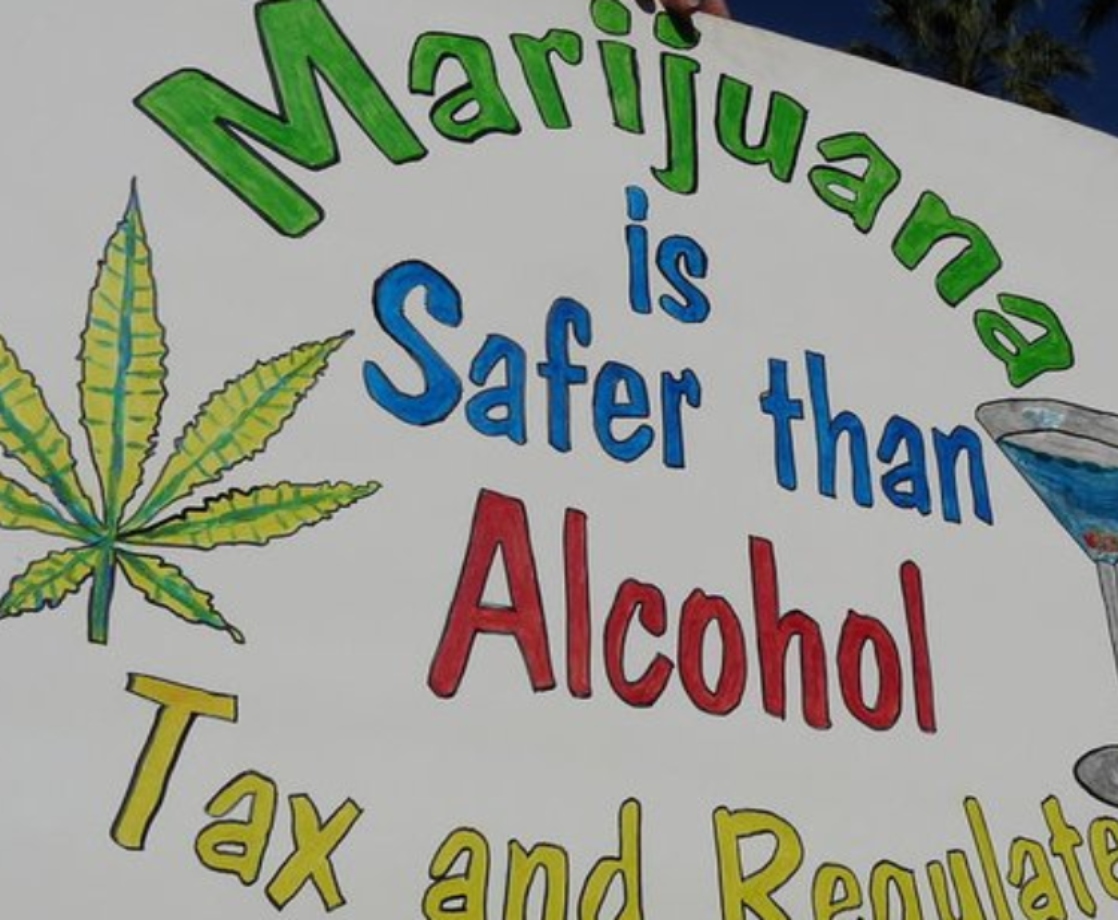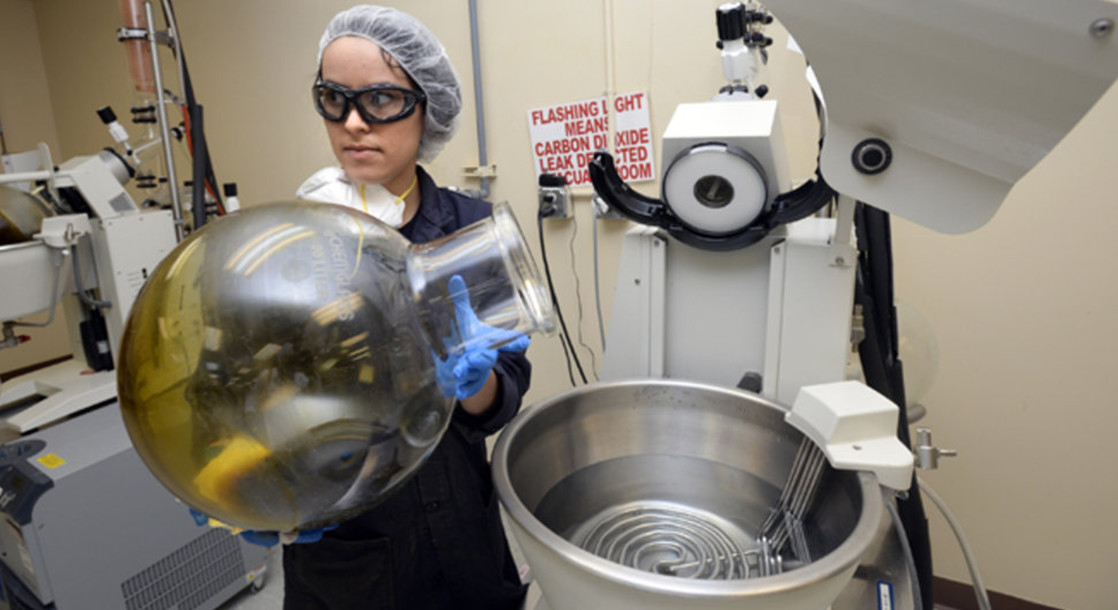Image via
Lawmakers in Minnesota and Nebraska have just advanced bills to legalize adult-use and medical cannabis, respectively.
This February, Minnesota House Majority Leader Ryan Winkler (D) and Speaker Melissa Hortman (D) filed a bill to legalize licensed and regulated adult-use cannabis sales. If passed, adults would be allowed to buy and possess up to 1.5 ounces of weed and grow up to eight pot plants per household. Sales would be taxed at 10 percent, on-site consumption and delivery lounges would be legal, and uniquely, the bill would not allow individual towns or cities to ban legal weed businesses.
In his opening statement, Rep. Winkler said that this bill would help “correct wrongs that have been done for too long in Minnesota to communities who’ve been over-policed who have been targeted for cannabis enforcement to further a prohibition of cannabis that does not work,” Marijuana Moment reports. Winkler explained that the bill would also redirect legal weed taxes to “help to address the harm that is caused by cannabis prohibition on our black and brown communities.”
Slowly but surely, the bill advanced through 12 different House committees, eventually receiving approval from all. Along the way, the bill was amended to expand social equity access to business licenses and to include additional warnings about maximum daily doses. Rep. Pat Garofolo (R) also added another amendment that would use weed tax revenue to fund a tax relief account that could reduce the overall state income tax that Minnesotans would have to pay.
“The adoption of this amendment is a gamechanger,” said Garofalo in a press release, according to Bring Me The News. “The Democrat majority accepting this amendment means that if signed into law, this bill will result in lowering taxes Minnesotans are FORCED to pay, financed with the revenue generated from taxes that people are CHOOSING to pay.”
Garofalo’s amendment has increased the chances that the bill will be accepted by other GOP lawmakers, but the bill must still be passed by the state House and Senate before it can become law. Winkler said that he plans to schedule a vote on the bill this month, but the state legislature is slated to adjourn on May 17th, so time is running out.
“At the beginning of the year, a House committee had never passed a legalization bill. Now, we’re on the verge of passing a bill off the House floor,” said Winkler in a press email, Marijuana Moment reports. “We have the ability to change laws in a way that improves people’s lives, whether it’s expunging cannabis-related records, targeting economic opportunity for those impacted most by the war on drugs, providing relief for veterans suffering from PTSD and serious health conditions, and more.”
Meanwhile, in Nebraska, lawmakers have advanced a bill to legalize medical marijuana. The bill, which was initially introduced by state Sen. Anna Wishart in January, would allow licensed patients to buy and possess up to two and a half ounces of non-smokable medical pot. The original version of the bill would have allowed licensed doctors to recommend medical cannabis for literally any medical condition, but it was amended to impose a limit of 17 qualifying conditions, including cancer, PTSD, AIDS, chronic pain, and epilepsy.
After four months of debate in individual committees, the bill was finally approved and will come up for debate in the state Senate this Wednesday. Unfortunately, the state’s GOP leadership is expected to filibuster the bill, and Democrats will need 33 additional votes to overcome this hurdle. But even if they can pull off this feat, Governor Pete Ricketts still thinks that legalizing medical pot is somehow going to kill children, so it’s a guarantee that he would veto the legislation.
Nebraska voters almost had a chance to legalize medical pot via a ballot initiative last year, but state cops managed to kill the measure with a legal challenge. Recognizing the uphill battle that they are facing in the legislature, state Sen. Wishart is now working with other advocates to help place a new medical marijuana initiative on next year’s midterm ballot.











